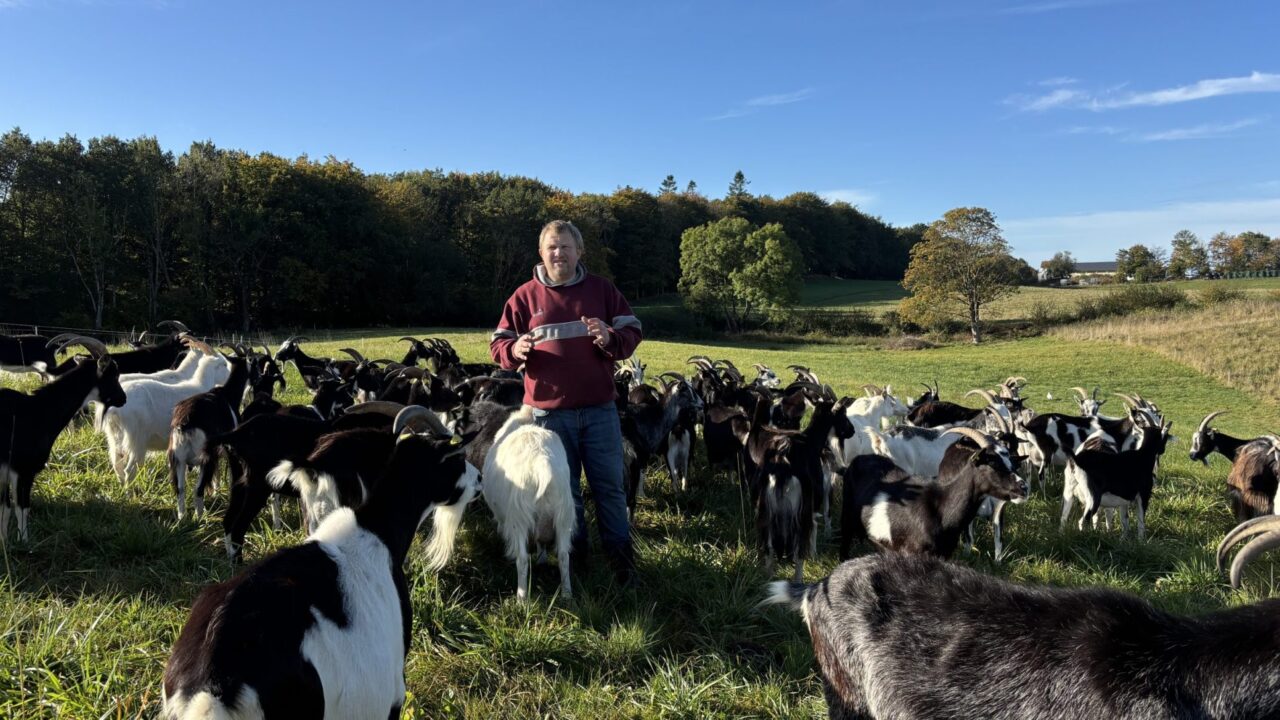Around 10 years ago, Claus and Summer Christoffersen had no experience and no background in farming or dairy.
Instead, Claus, from Denmark, and Summer, from Thailand, both were pursuing careers in finance.
Claus then became inspired to pursue a dream from his childhood and thus, Copenhagen Goat Milk was set up.
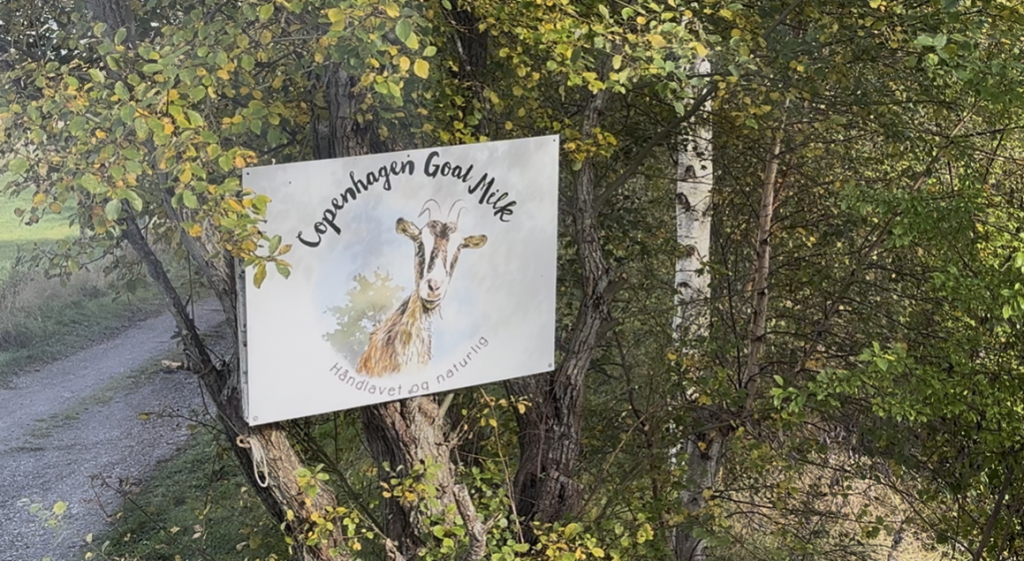
Not only are people intrigued that the couple have taken such a different direction with their lives in the last decade, but Claus said they often get asked why they picked goats in particular over other livestock.
He explained: “I really like goats.
“I saw goats for the first time [when] I was out driving with my dad. I was 10-years-old and we saw this place with goats.
“We went over the fence and hugged them and since then, I’ve been wanting to have goats.
“But, 30 years of life came in between.”
It all started when they became part of a ‘self-sufficiency’ project.
They were living much closer to Copenhagen at the time – hence the business name – and had a backyard of 400m2 where they kept rabbits, hens, and bees and grew lots of vegetables.
“One evening, Summer found out you can actually make soap from goat’s milk and I was like ‘ok, let’s get goats’,” Claus said.
It then “got out of hand”, he joked.
“We got more and more goats and within a couple of years, one of our farming friends who knew a bit about it said, ‘you should move to the countryside now’.
“So we did, and we moved out here.”
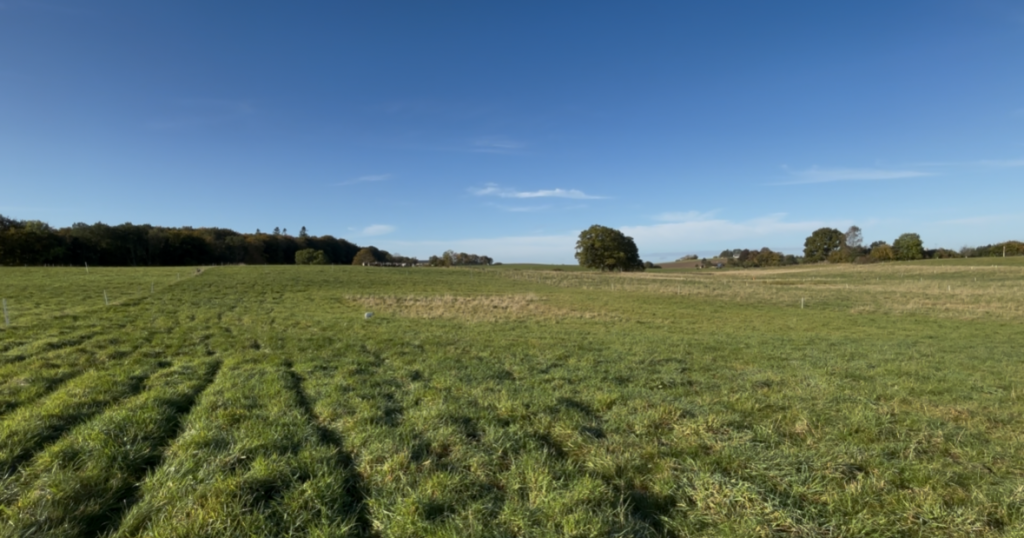
It was in 2017 that they moved out to Jystrup, a small town in Zealand, where they are now based with over 100 of their goats on around 32ac.
Claus does the “farming part” of the enterprise – which involves milking of course and implementing regenerative agriculture practices like holistic grazing, which frequently gives the goats a new piece of land to graze.
He believes this grazing systems results in better quality milk and healthier animals, along with having soil and environmental benefits.
He also still works three days in the week as a business controller, but plans to finish up in that role come February 2026, he said.
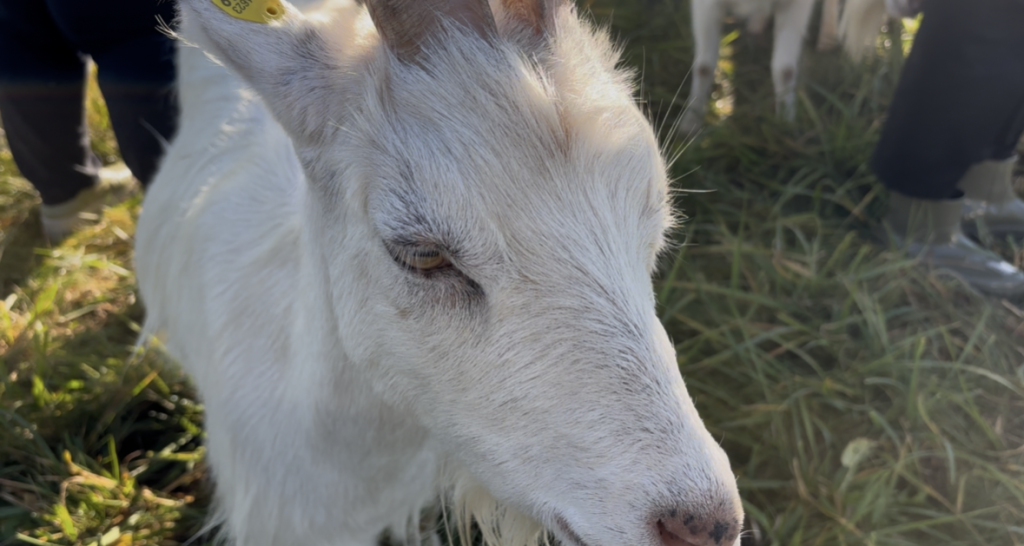
Summer takes care of the dairy part of the business, making a range of products such as French-inspired cheeses and yoghurt, which she learned to do by watching videos and reading, and chatting to others in the know.
They have a micro-dairy on site, where the products are handmade by Summer using fresh daily milk from the goats.
After the goats are milked in the morning, they graze with the kids for the day.
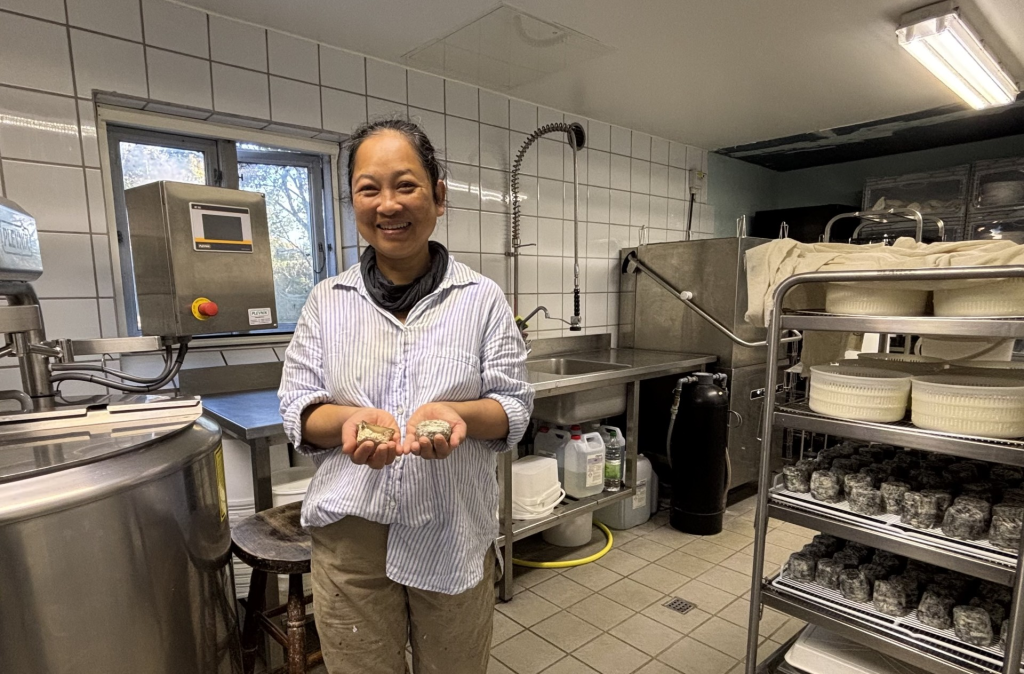
They don’t have any employees on the farm.
Their daughter helps out and while Claus does not think she is going to be a farmer in the future, he believes she is learning valuable life skills.
“Being able to milk 70 goats, it just gives something to you, you’re dependable somehow,” Claus said.
“A farming person, you can depend on him or her.”
They keep Danish Landrace goats, a hardy milking breed suited to the country’s climate.
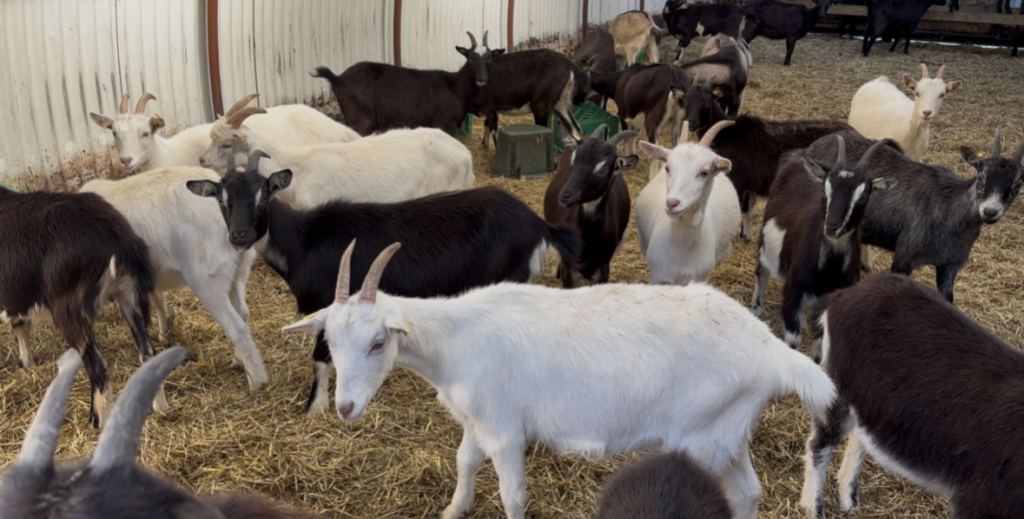
With about 130 goats on the farm and less than half milking, Claus said the farm does not currently produce enough milk to grow the business as much as they would like to right now, “but we’ll get there”.
They sell their products in their own farm shop, in addition to selling at a market and to businesses in Copenhagen.
What they currently earn from the farm, “it might not be enough for travelling around the world every year, but we don’t want to”, Claus commented.
Goat farming across the EU
As positive a story as this is, across the EU, there is a worrying decline in the number of goats being kept.
In 2024, the EU had 10 million goats. Compared with the previous year, this population has declined by 1.6%.
Compared with 2014, the number of goats in the EU is 16.3% lower.
The main goat producers in Europe are Greece, Spain, France, and Romania.
Organic in Denmark
Copenhagen Goat Milk farm’s produce is organic, which is particularly attractive to Danish consumers.
Denmark has the highest market share of organic products in the world and the market is growing, according to the Danish Agriculture and Food Council.
Organic food made up roughly 13% of the total retail food market in Denmark in 2020, the council said.
